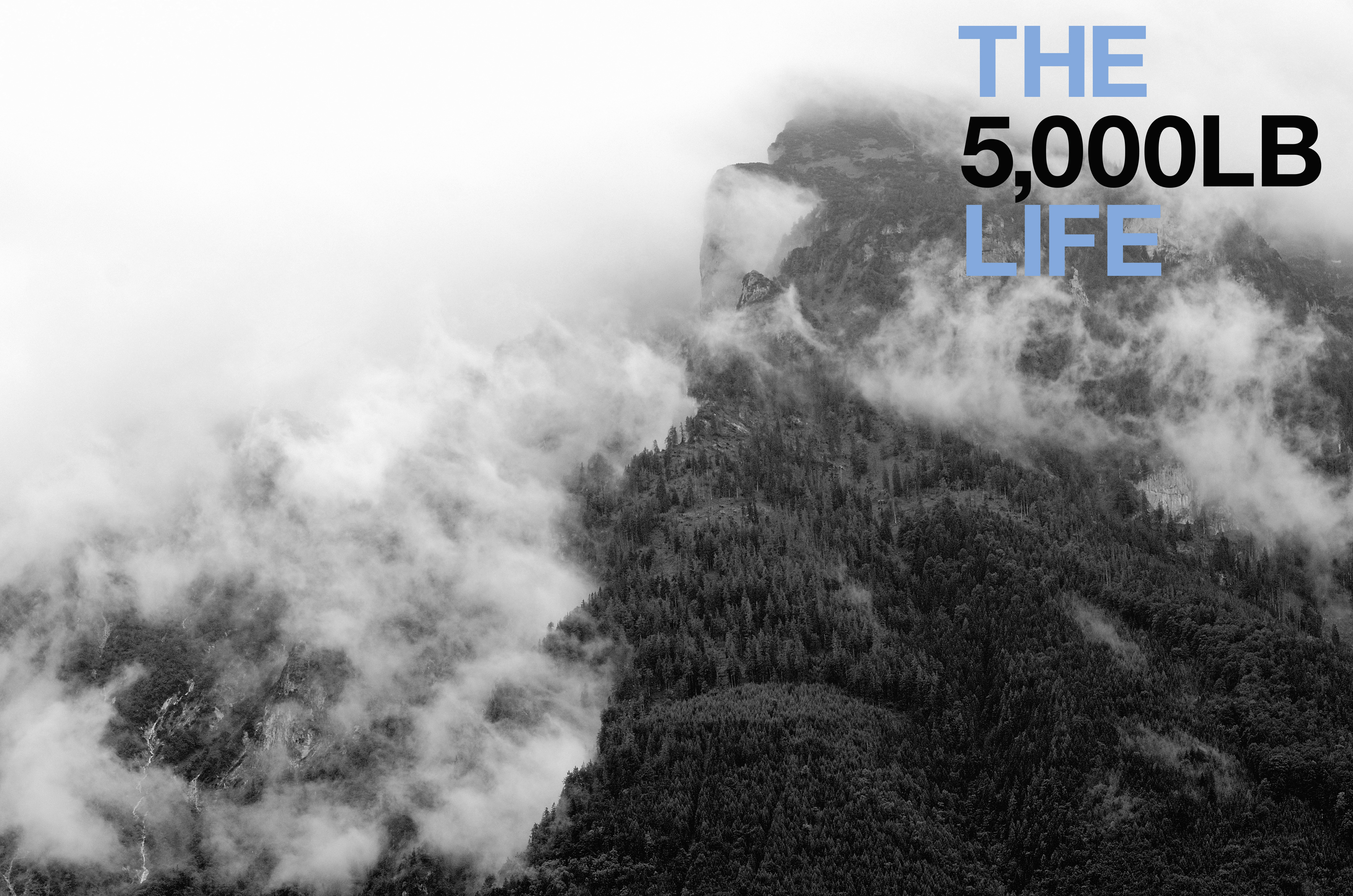Perspectives on climate change: Significant action
What is the most significant action an individual can take to move American society toward a sustainable future?
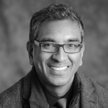 Vishaan Chakrabarti
Vishaan Chakrabarti
Move into an apartment in which one can walk, bike, or take transit to work.
Vishaan Chakrabarti is a Principal at SHoP Architects, author of A Country of Cities, and Holliday Professor and Director of the Center for Urban Real Estate at Columbia University.
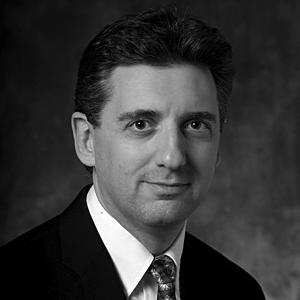 Stephen Gardiner
Stephen Gardiner
I think we have an institutional vacuum. Current institutions were not designed for, and are having a very difficult time coping with, major problems that are global, intergenerational, and ecological in scope. I suspect that the best thing individuals can do is to use whatever talents and resources they have to promote improved institutions and support interim measures to fill the vacuum in the meantime while still preserving the virtues of existing institutions.
Stephen Gardiner is Professor of Philosophy and Ben Rabinowitz Endowed Professor of Human Dimensions of the Environment at the University of Washington, Seattle.
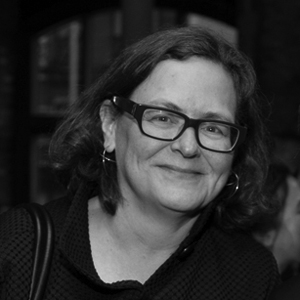 Rosalie Genevro
Rosalie Genevro
The most basic and yet critical thing is simply to see it as a responsibility of citizenship to take the time to keep informed about climate change science and policy, and to keep abreast of news—and to talk about climate change with friends and relatives and use it as a high priority criterion in voting. As Anthony Leiserowitz’s research shows, there are areas of common concern even among people at very different points on the political spectrum. We need to focus on those and build out from there.
Rosalie Genevro is Executive Director of The Architectural League of New York and the project director of The Five Thousand Pound Life.
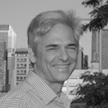 Dale Jamieson
Dale Jamieson
Vote and contribute money to the cause of electoral reform and to candidates who are single-issue environmental candidates. Without electoral reform we need candidates who prioritize sustainability, but it would be better to have an electoral system that took big money out of politics by publicly funding campaigns and requiring citizens to vote.
Dale Jamieson is professor of environmental studies and philosophy at New York University and author of the book Reason in a Dark Time: Why the Struggle to Stop Climate Change Failed–and Why Our Choices Still Matter.
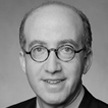 Alex Klatskin
Alex Klatskin
Since climate change is an issue in almost every aspect of our current way of life, everyone should practice in their area of expertise at the highest level possible, while always considering climate change throughout the process.
Alex Klatskin is a General Partner of Forsgate Industrial Partners, a private industrial real estate development and investment firm based in Teterboro, New Jersey.
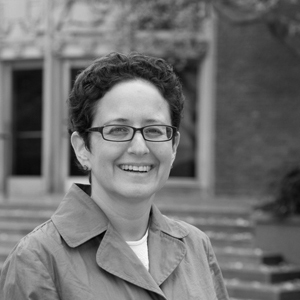 Melissa Lane
Melissa Lane
Make your view about the imperative of moving toward sustainability known to friends, family, colleagues, elected officials, and administrators. Do so in a way that helps to change the baseline of what is normal to think about, to cost, and to count, in one’s individual actions and in collective decision-making. Do this through lobbying, voting, speaking, or other forms of expression and participation.
Melissa Lane is Professor in the Department of Politics at Princeton University, and affiliated faculty member in the Department of Classics and the Department of Philosophy.
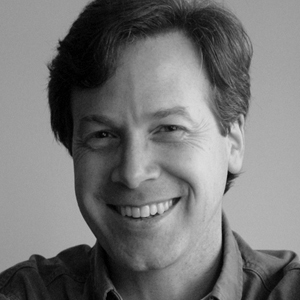 Anthony Leiserowitz
Anthony Leiserowitz
Get organized! Find other like-minded people and work together to demand change from our institutions.
Anthony Leiserowitz is Director of the Yale Project on Climate Change Communication and a research scientist at the School of Forestry and Environmental Studies at Yale University.
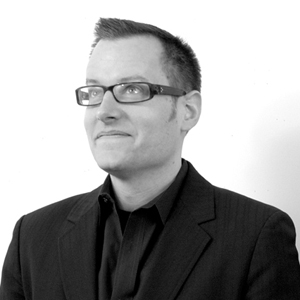 Paul Lewis
Paul Lewis
There are at least three overlapped types of action. One is to be and to get others to be engaged: family, friends, politicians, etc. in order to intensify the urgency of the issue—which is in stark contrast to its current status.
A second is to act and make an impact on the context you can modify or adjust, be it a place of work, a local community, a shift of focus in your career, etc.
The third is to systematically reduce your own carbon consumption by all means available, but prioritized by scale of impact.
Paul Lewis is a principal of LTL Architects and a faculty member in the School of Architecture at Princeton University.
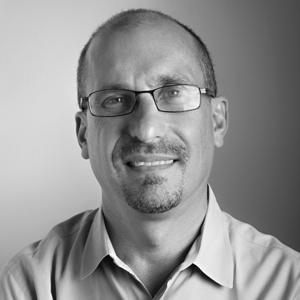 Ted Nordhaus
Ted Nordhaus
Not much as an individual. So much in our culture—including within the environmental and sustainability discourses—casts us as consumers first, citizens second. The big things that matter in terms of sustainability are technology and infrastructure and those interventions require us to act collectively as citizens, not individually as consumers. The built environment matters—where we live, how we get from one place to another, etc.—and our technologies matter. How much land do we need to grow our food and produce energy? How much water? What resources do we need to sustain modern living standards and what can we leave for non-human species and ecosystems?
Ted Nordhaus is a co-founder of The Breakthrough Institute — a paradigm-shifting think tank committed to modernizing environmentalism for the 21st century.
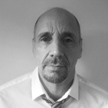 Albert Pope
Albert Pope
It’s hard to imagine a positive outcome to the crisis without the leveraging of synergies. Changing light bulbs, mounting solar panels, or buying a Prius are all good things but at this point they will not move the needle. The single most important effort an individual can do, then, is to found or join a collective project. Following Bruno Latour, this project would orient itself not around scientific and legal abstractions, but around “things.”
Albert Pope is the Gus Sessions Wortham Professor of Architecture at Rice University. He is the author of Ladders (1997) and numerous articles concerning the broad implications of post-war urban development.
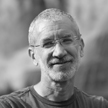 Ted Steinberg
Ted Steinberg
Historically, social reform of this kind normally comes about from people laying their bodies on the line in grassroots activism, much like abolitionists and civil rights activists have done in the past.
Ted Steinberg is Professor of History and Professor of Law at Case Western Reserve University. His new book Gotham Unbound: The Ecological History of Greater New York (2014) examines the ecological changes that have resulted in the reality of present-day New York City.
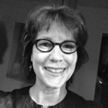 Emily Talen
Emily Talen
Learn to live closer to other people and learn to tolerate difference.
Emily Talen is a senior sustainability scientist and a professor in the School of Geographical Sciences and Urban Planning at Arizona State University.
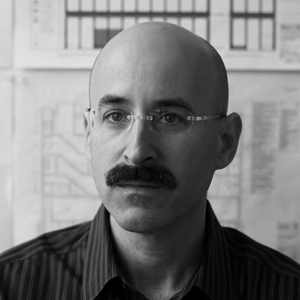 Adam Yarinksy
Adam Yarinksy
Climate change demonstrates that the world is getting smaller. Our individual activities have consequences for others near, far, and in the future. In this context, perhaps the most significant action a person can take is cognitive: to subordinate the “self” to the collective. This state of consciousness is the basis for actions that might beneficially transform our relationship to each other and to the world in which we live.
Adam Yarinsky is a principal of Architecture Research Office (ARO) in New York.
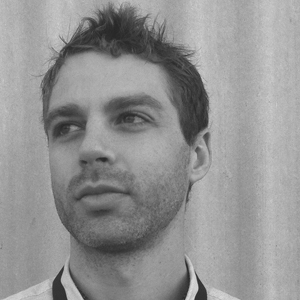 Andrew Wade
Andrew Wade
It’s more a set of two coordinated actions that are mutually reinforcing: use your individual field of expertise to enact change within your realm of influence and be an active citizen in the collective political process. These actions, taken together, will allow society to create systems that evolve in relation to their ecological contexts. The sustainability agenda needs to give up its search for fixes intended to be static and sustained indefinitely. It needs to represent a smarter, more strategic evolution of existing domains—design, finance, manufacturing, etc.
Andrew Wade was the J. Clawson Mills Fellow at The Architectural League of New York and the project lead of The Five Thousand Pound Life from 2012-2015.

